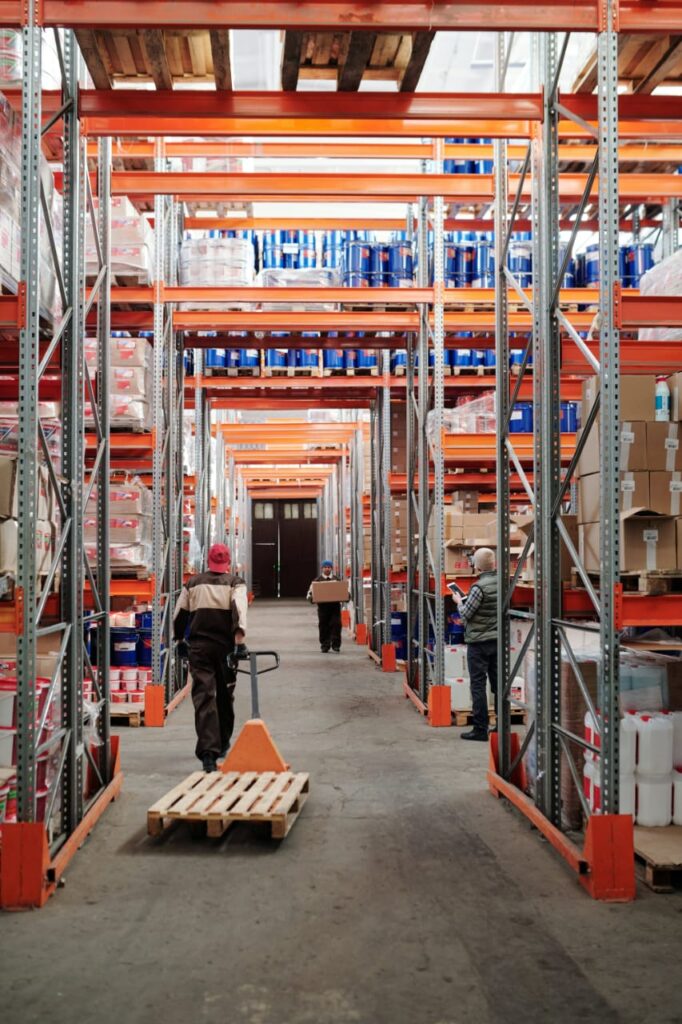
In the ever-expanding urban landscapes of our world, the challenges presented by the growing demand for goods and services are reshaping the field of urban logistics. As cities burgeon with population growth and economic activity, the need for efficient and sustainable logistics solutions becomes increasingly crucial. Navigating these challenges requires innovative approaches that address the unique complexities of urban environments.
Challenges in Urban Logistics:
Traffic Congestion:
Urban areas are notorious for traffic congestion, and delivery vehicles often find themselves navigating through crowded streets. This congestion not only leads to delays in deliveries but also contributes to increased carbon emissions and operational costs.
Limited Parking Spaces:
The scarcity of parking spaces in densely populated urban centers poses a challenge for delivery vehicles. Finding suitable locations for loading and unloading can be time-consuming and result in disruptions to traffic flow.
Last-Mile Delivery Complexity:
The last mile of delivery in urban settings is particularly challenging. Narrow streets, multiple delivery points, and the expectation for quick and precise deliveries make last-mile logistics a logistical puzzle that demands innovative solutions.
Emission Concerns:
The environmental impact of logistics operations, especially in terms of emissions from delivery vehicles, is a growing concern in urban areas. Balancing the need for rapid deliveries with sustainable practices is a delicate challenge.
Solutions to Urban Logistics Challenges:
Micro-Hubs and Urban Warehousing:
Establishing micro-hubs or urban warehouses strategically positioned within city limits addresses the challenges of traffic congestion and last-mile delivery. These hubs act as distribution centers for quick and efficient deliveries in close proximity to the end consumer.
Electric and Sustainable Vehicles:
Shifting to electric and sustainable vehicles is a key solution to mitigate the environmental impact of urban logistics. Electric bikes, scooters, and compact electric vans are increasingly being employed for last-mile deliveries, reducing emissions and noise pollution.
Smart Traffic Management Systems:
Implementing smart traffic management systems that prioritize delivery vehicles can alleviate congestion issues. Intelligent traffic lights and systems that dynamically adjust to the flow of delivery traffic contribute to smoother urban logistics operations.
Collaborative Delivery Models:
Collaborative delivery models, including crowd-sourced delivery and partnerships between logistics providers, optimize resources and reduce the number of vehicles on the road. Shared delivery services and collaboration with local businesses can streamline urban logistics.
The Future of Urban Logistics:
As cities continue to grow, the future of urban logistics lies in embracing technological advancements and innovative solutions. The integration of autonomous vehicles, drone deliveries, and further development of sustainable transportation options will play a pivotal role in shaping the landscape of urban logistics.
Conclusion
Urban logistics faces unique challenges in the dynamic environment of growing cities. However, with a commitment to innovation and sustainability, these challenges can be transformed into opportunities for efficient, eco-friendly, and customer-centric logistics solutions. The future of urban logistics rests on the ability to adapt to changing landscapes, leverage cutting-edge technologies, and develop collaborative models that optimize the flow of goods in the bustling heart of our urban centers.